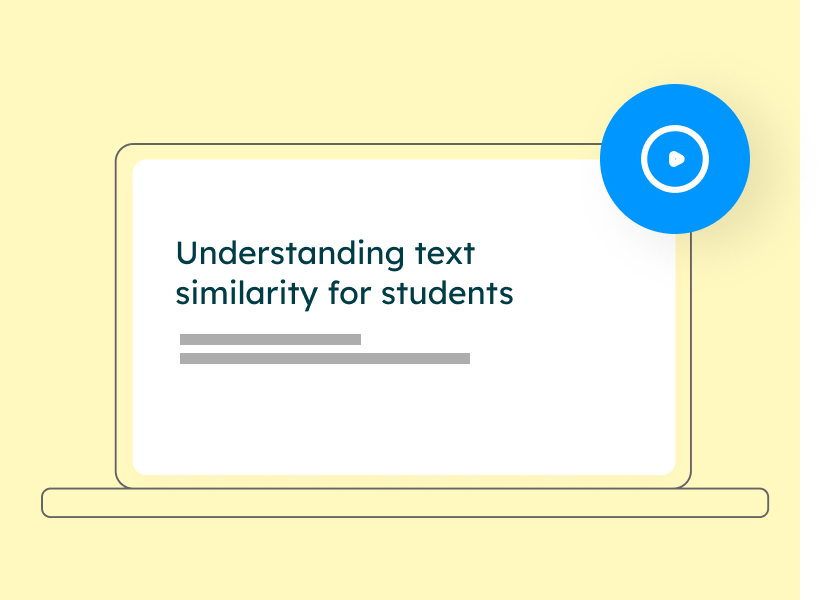
Peer review in research serves as a critical mechanism for ensuring the quality and integrity of scholarly work, and plays a pivotal role in maintaining the credibility and reliability of scientific research.
In this extensive exploration, we will delve into the significance of peer review, its intricate components, the formidable challenges it poses, and the crucial role it plays in maintaining the integrity of research. Additionally, we will scrutinize the impact of AI on this essential evaluation process. As we navigate the landscape of peer review, it is evident that its multifaceted nature is crucial for validating research findings and also for shaping the trajectory of scientific discourse, yet the question remains on whether there are avenues for improvement in peer review methodologies.
Peer review in research is designed to subject research papers to the scrutiny of expert peers, where the scientific community can sift through hypotheses, methodologies, and conclusions, enhancing the overall robustness of knowledge within a field. According to Kelly, Sadeghieh and Adeli, “[peer review] functions to encourage authors to meet the accepted high standards of their discipline and to control the dissemination of research data to ensure that unwarranted claims, unacceptable interpretations or personal views are not published without prior expert review” (2014).
The integrity of the peer review process contributes significantly to the trustworthiness of the scientific enterprise. Quality assurance and validation is without doubt the number one rationale for conducting peer review in research, but there are indeed additional notable benefits.
Academic journals serve as gatekeepers of scientific knowledge, and many deem peer review as an essential part in this gatekeeping process. Through rigorous critical examination, peer review ensures that only research meeting the highest standards is disseminated to the academic community.
With this in mind, peer review in research encourages researchers to adhere to rigorous and standardized methodologies. Reviewers assess the appropriateness of research designs, the accuracy of data collection methods, and the robustness of statistical analyses. One of the key goals of peer review is to confirm that the design is well-founded and capable of yielding meaningful results. In a public campaign initiated to manage the explosion of misinformation, Sense about Science maintains that, “[u]npublished research is no help to anyone – if you don’t publish exactly how a study was carried out, others can’t decide whether your methods were valid or repeat them to verify the results. As a society it is unwise to base decisions about health or public safety on work that may well be flawed.”
With such a rigorous and selective approach to research, peers help to prevent the propagation of flawed or biased research, thus contributing to the overall reliability and trustworthiness of scientific knowledge.
By providing a platform for the exchange of ideas, methodologies, and findings, peer-reviewed journals foster a dynamic and collaborative environment. Peer review offers authors the invaluable opportunity to receive feedback from seasoned experts in the field, further enriching the academic landscape. Constructive criticism and insightful suggestions provide researchers with a fresh perspective, helping refine their arguments, strengthen their conclusions, and identify areas for improvement. This iterative feedback loop fosters a culture of continuous improvement and elevates the overall quality of scholarly work.



